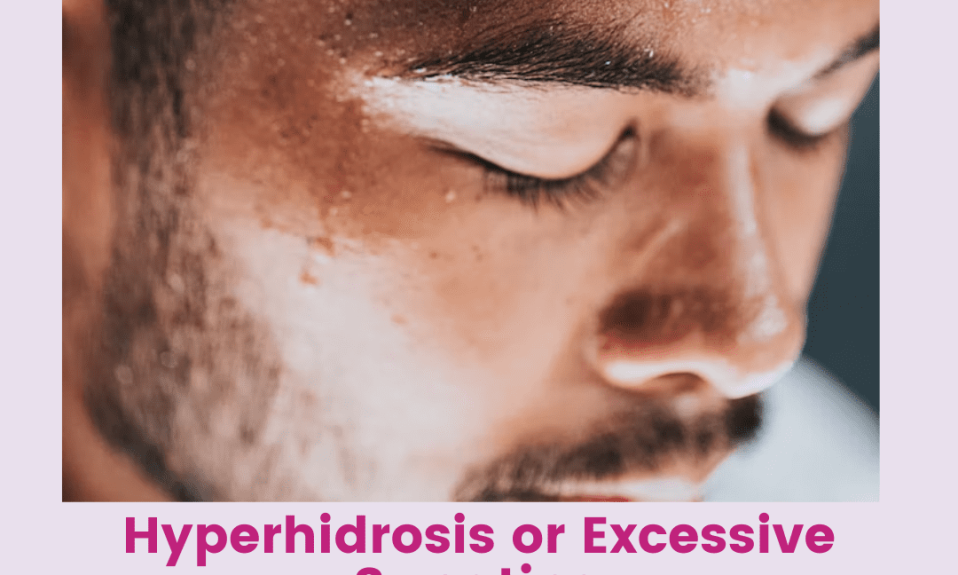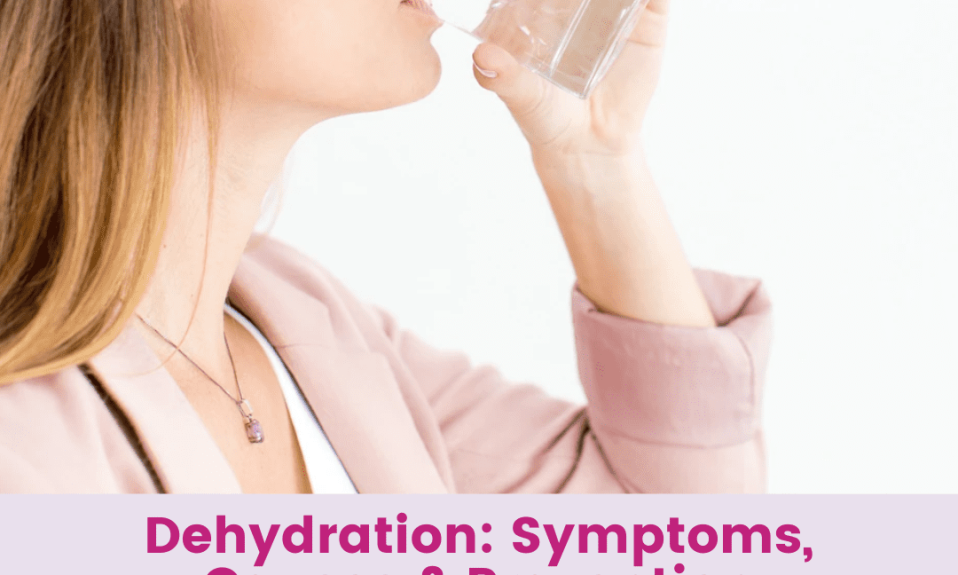Diarrhea is when you have multiple loose and watery bowel movements within a day. This condition is usually self-limiting and resolves without medical intervention within a few days.
Acute diarrhea is the term used for this condition that lasts for a day or two and goes away. It is a common ailment that can affect individuals of all ages.
It is referred to as chronic diarrhea when you experience diarrhea that persists for more than four weeks, regardless of whether it is intermittent or continuous. This type of diarrhea can indicate a chronic underlying health issue.
Major Causes of Diarrhea
Short-term diarrhea, also known as acute diarrhea, is typically caused by an infection in the intestinal tract. Various microorganisms, such as salmonella, norovirus, or rotavirus, and parasites like giardia can bring this on. Gastroenteritis is the term used to describe diarrhea brought on by one of these illnesses.
When visiting destinations with different climates or sanitation standards, travelers may experience temporary gastric issues such as traveler diarrhea from consuming contaminated food or water. This type of diarrhea is usually short-lived and will resolve within a few days without proper treatment.
However, chronic diarrhea can also occur and is often caused by underlying health issues or conditions.
- Coeliac disease is a condition where the body is unable to tolerate gluten.
- Lactose malabsorption is a digestive disorder caused by difficulty digesting lactose in dairy products.
- IBS is a chronic condition that affects the large intestine.
- Persistent intestinal infection.
- Crohn’s disease & ulcerative colitis are inflammatory bowel diseases.
- Colon cancer affects the colon or large intestine.
If you experience any of these health issues, it is essential to seek medical attention.
Moreover, certain medications can also lead to diarrhea, like antacids that contain antibiotics, magnesium, non-steroidal anti-inflammatory drugs, and chemotherapy medications.
In some individuals, consuming artificial sweeteners in products like chewing gum and other sugar-free items can also result in diarrhea.
Signs & Symptoms of Diarrhea
Loose and watery stools characterize diarrhea, typically occurring three or more times a day. Additional symptoms that may be present include:
- An urgent requirement is to use the restroom.
- Stomach discomfort and muscle spasms.
- Alteration in the hue of bowel movements.
- Presence of mucus, blood, pus, or fat in stools.
- Swelling in the abdomen.
- Feeling sick and throwing up.
- Fever
- Lack of energy and fatigue.
Diagnosis of Diarrhea
If your diarrhea persists for a longer period of time or is coupled with additional symptoms like a fever or stools with blood, your physician may conduct diagnostic examinations to establish the underlying cause. These examinations may encompass the following:
- A stool culture examination is conducted to determine the presence of any infections.
- Blood work is performed to exclude the possibility of other illnesses.
- Fasting evaluations are done to identify any food sensitivities.
- The hydrogen breath test is used to diagnose lactose intolerance.
- A colonoscopy or sigmoidoscopy may be performed to examine the inside of the bowel for signs of inflammatory bowel diseases. These procedures involve using a flexible tube with a camera and light at the end to provide a visual inspection.
You should consult a doctor if you develop the following signs:
- If you notice any presence of Pus, Blood, Or Mucous in your or your child’s stools, it is essential to seek medical attention.
- An unexplained rash is a sign that warrants a visit to the doctor.
- A medical professional should evaluate persistent diarrhea that lasts for more than a week or keeps coming back.
- A doctor should check for any new or worsening symptoms.
Prolonged or severe cases of diarrhea can result in swift fluid loss, known as dehydration. Infants, young children, the aged, and individuals with compromised immune systems (e.g., those with HIV/AIDS or receiving chemotherapy) are especially vulnerable to dehydration.
It is essential to seek a doctor or medical attention if you or your family is experiencing dehydration, which can be identified by symptoms such as:
- A severe thirst
- Without urination for an extended period of 8 hours, urine may appear dark and have a strong odor.
- Dryness in the mouth, chapped lips, no tears, sunken eyes, and cheeks.
- Infants may experience extended dryness in their diapers and a sunken fontanelle on their heads.
- Drowsiness, weakness, and flabby muscles.
- Elevated heart rate & breathing rate.
- Coldness in the feet and hands.
Treatment of Diarrhea
Occasionally, diarrhea clears up within a few days without medical treatment. Self-care measures are essential to alleviate the symptoms.
- Refrain from consuming caffeine, dairy, high fiber, greasy and sugary foods to avoid worsening the symptoms.
- To alleviate abdominal cramps, take a hot water bottle, a wheat pack, or paracetamol.
- If a rash develops from diarrhea, applying zinc & castor oil ointment or barrier cream to the affected areas can be helpful.
- Pain relief should not be sought from NSAIDs such as ibuprofen, aspirin, or diclofenac, as they can cause diarrhea.
- Medications that slow down diarrhea, such as Imodium, should be avoided as they prevent the body from getting rid of the possible cause of diarrhea which is a virus or bacteria.
To maintain hydration, it is crucial to regularly consume an adequate amount of fluids. It is achievable by consuming small portions of liquids throughout the day, such as diluted apple juice, clear broth, or soup, non-caffeinated sports drinks like Gatorade or Powerade, and over-the-counter rehydration solutions like Gastrolyte.
If a parasite causes diarrhea, a medication that specifically targets the parasite may be prescribed by a physician.
Prevention of Diarrhea
Frequent handwashing is crucial to curb the transmission of viruses and bacteria that lead to diarrhea. It is essential to wash hands thoroughly after engaging in activities such as using the restroom, handling diapers, and eating.
In addition to handwashing, implementing safe food handling practices can also aid in preventing diarrhea.
- Keep perishable items in a relaxed environment like the refrigerator to prevent spoilage.
- Make sure to cook meats to a safe temperature to eliminate the risk of foodborne illness.
- Steer clear of consuming raw fish, meats, and shellfish unless you are confident in the freshness and source of the product.
- Always use separate utensils and surfaces for raw and cooked meats to avoid cross-contamination.
- Clean and sanitize kitchen surfaces with a bleach solution to inhibit the growth of harmful bacteria.
Rotavirus vaccines are obtainable without cost for infants. The vaccine is administered orally in two stages during the six-week and three-month immunization appointments. It aims to decrease the occurrence or harshness of rotavirus infection, a widespread reason for diarrhea among young children and babies.
When do I need a doctor?
You should reach out to your healthcare provider if your diarrhea persists or does not go away completely. Pay attention to any other symptoms you may be experiencing, such as fever, nausea, rash, numbness, weakness, dizziness, lightheadedness, weight loss, and blood in your stool. If you have any worries, getting in touch with the healthcare provider is best.













